$1.33 Bn
Market Size
7%
CAGR
$1.74Bn
Forecast

*Note: Name, Email and Phone Number are mandatory.


Uncover Africa's exciting market investment niches in specialty coffee, craft teas, emerging functional beverage categories and innovative flavour combinations. Invest now!
Uncover Africa's exciting market investment niches in specialty coffee, craft teas, emerging functional beverage categories and innovative flavour combinations. Invest now!
$1.33 Bn
Market Size
7%
CAGR
$1.74Bn
Forecast

Coffee
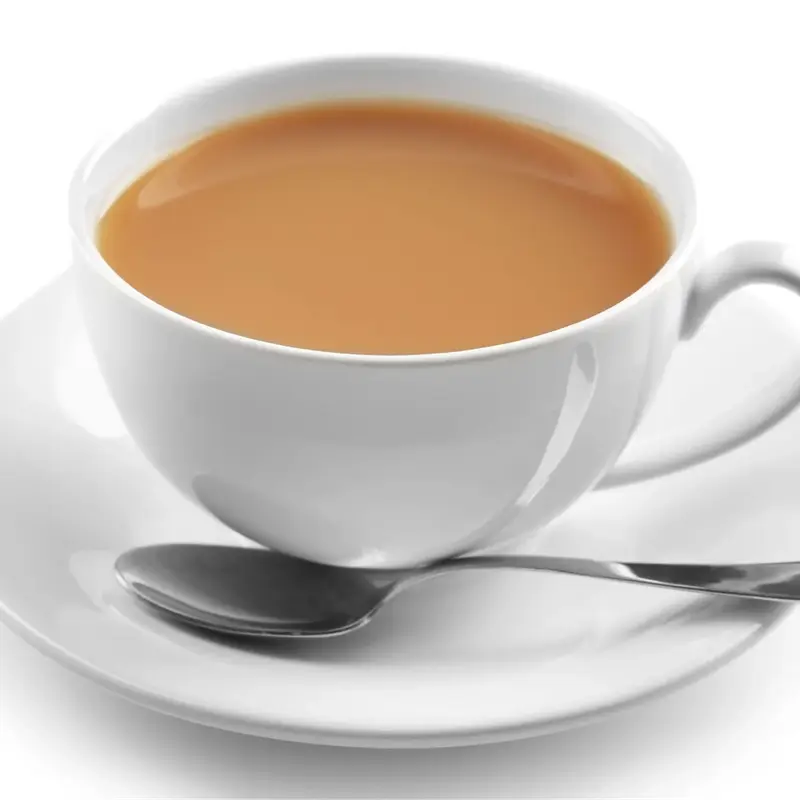
Tea
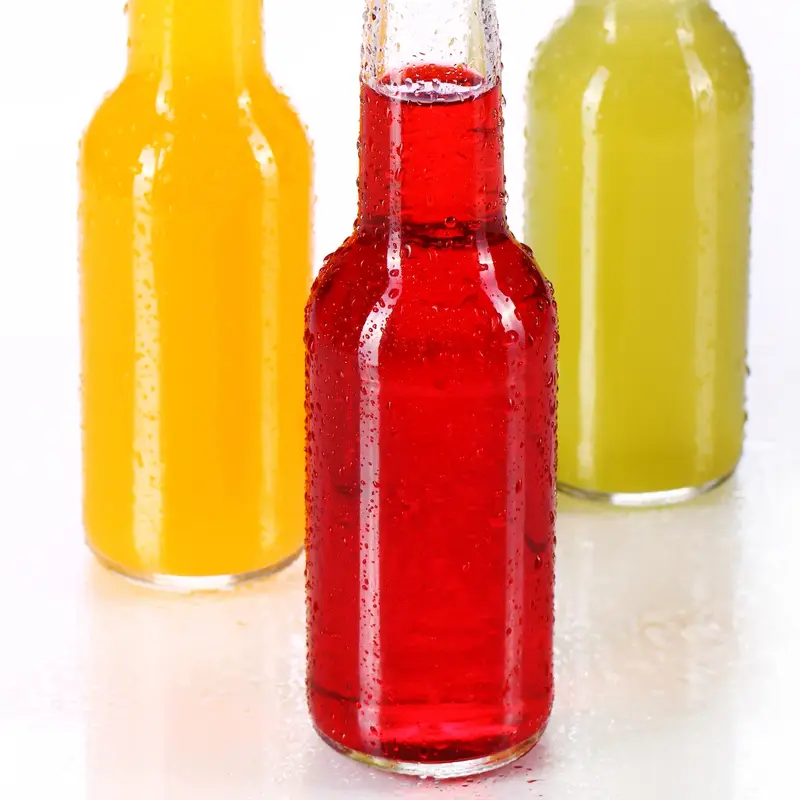
Soda & Soft Drinks
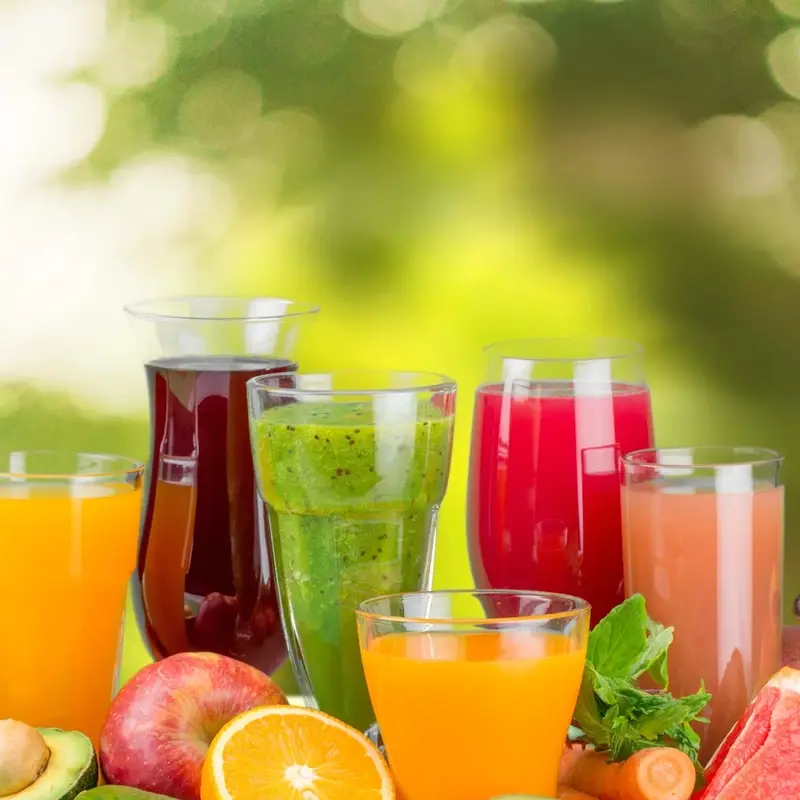
Fruit Juices

Global: The global beverage market is a massive and growing industry, projected to reach US$235.70 billion in 2024 and US$380.40 billion by 2029, reflecting a growth rate of 10.05%.
Africa: Beverage market is catching up rapidly. Revenue in the Beverages Market is projected to reach US $1.15bn in 2024 and is expected to show an annual growth rate (CAGR 2024-2029) of 8.64%, resulting in volume of US $1.74bn by 2029.
Coffee: Africa is a major coffee producer, offering investors the chance to participate in the entire value chain, from farm to cup. Specialty coffee with unique regional flavours holds particular promise.
Abundant Resources: Africa has vast agricultural resources suitable for growing coffee, tea, and other beverage crops.
Government Support: Many African governments are actively encouraging investment in the food and beverage sector, offering tax breaks and incentives.
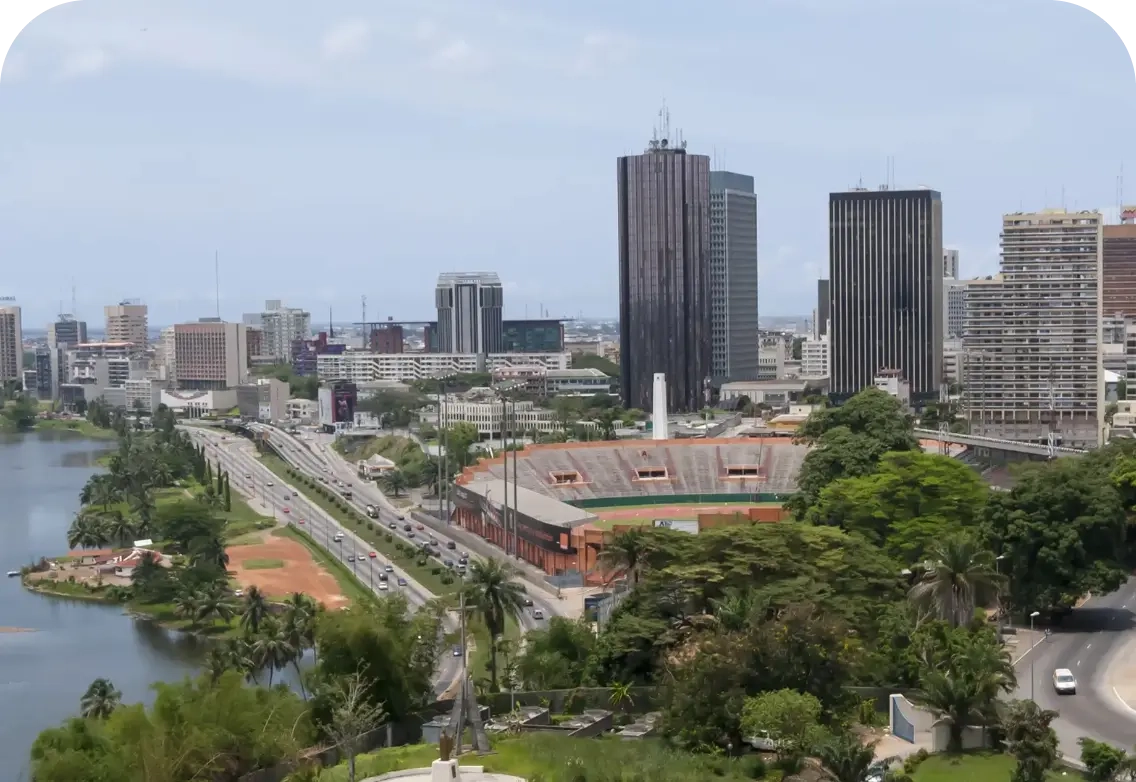

Plateforme Economique Industrielle d'Abidjan (PEIA), is a Public Private Partnership (PPP) between Arise IIP and the Republic of Cote d'Ivoire, spread over 440 Ha at PK-24 (24 KM from the economic capital of Abidjan). The Government's objective for setting up an Industrial Zone with Arise IIP, is to promote the manufacturing growth of CIV and to ensure the processing of the abundant agricultural commodities.
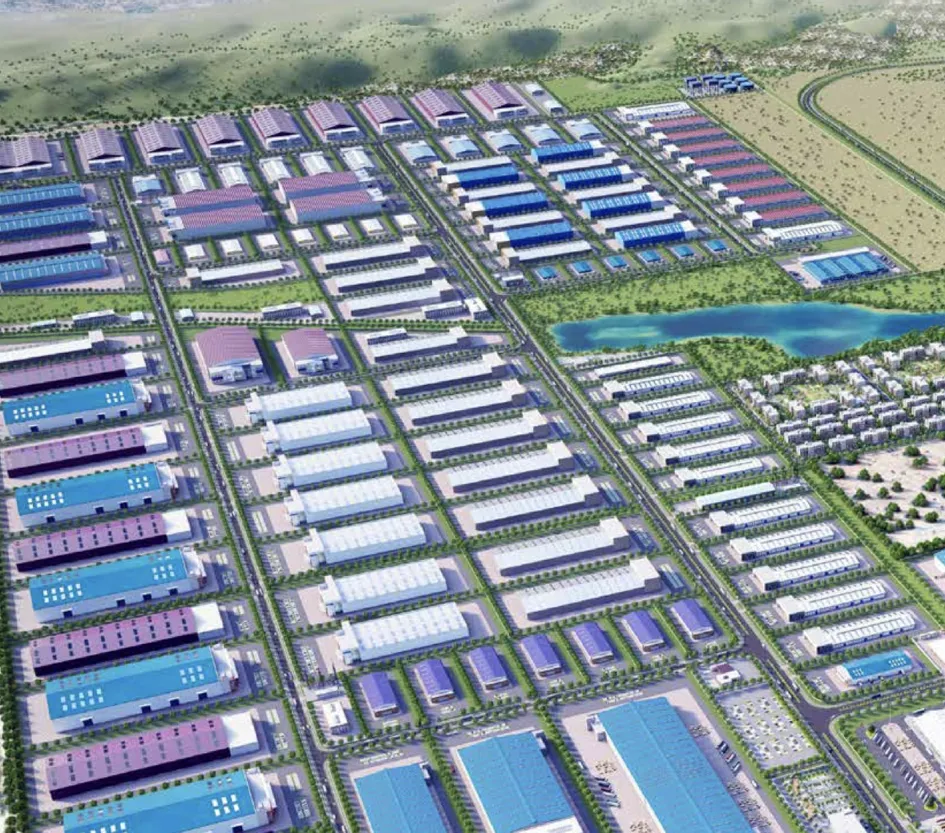

Vipingo Special Economic Zone (VSEZ) is a 2,000-acre plug-and-play industrial park located along Kenya’s picturesque coast, developed in partnership between Centum Investment Company PLC and ARISE IIP.
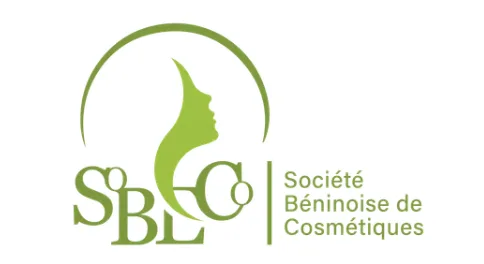
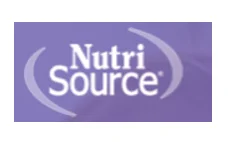









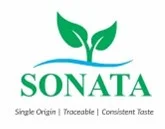
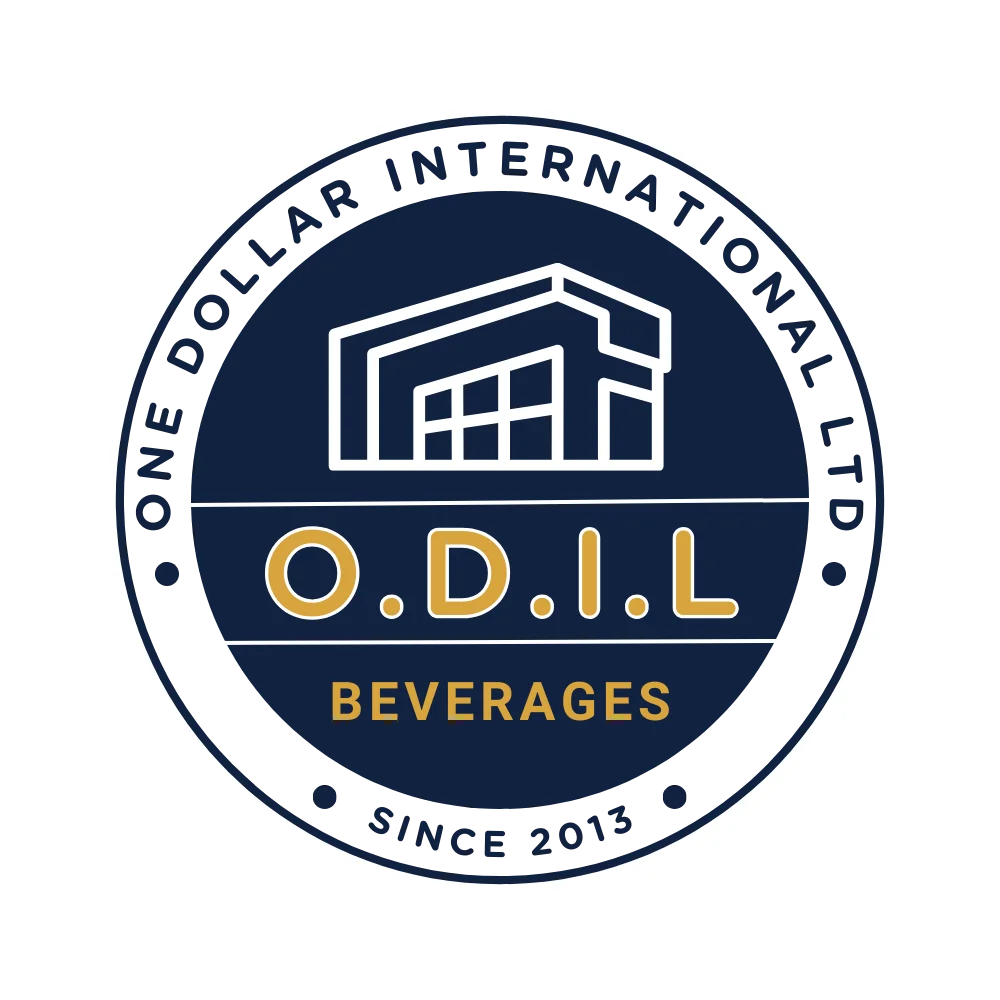
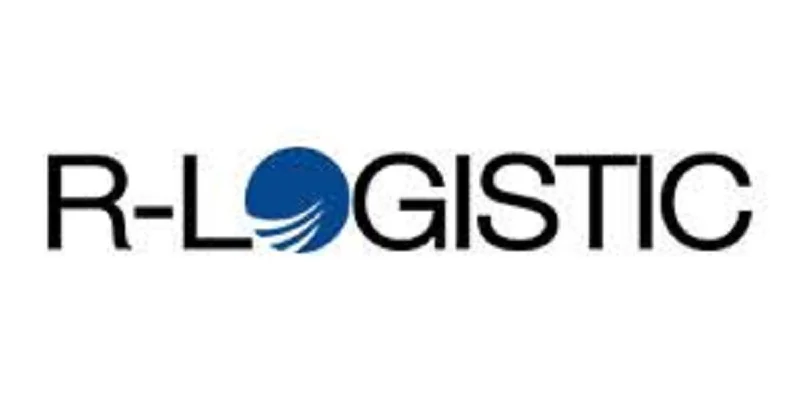




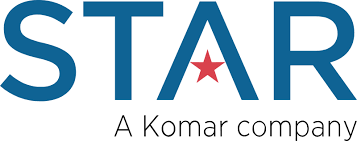
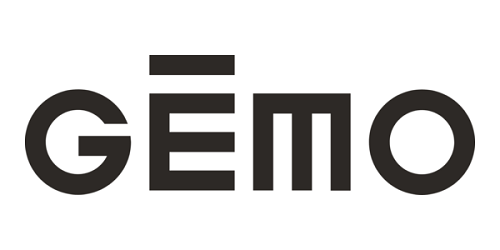

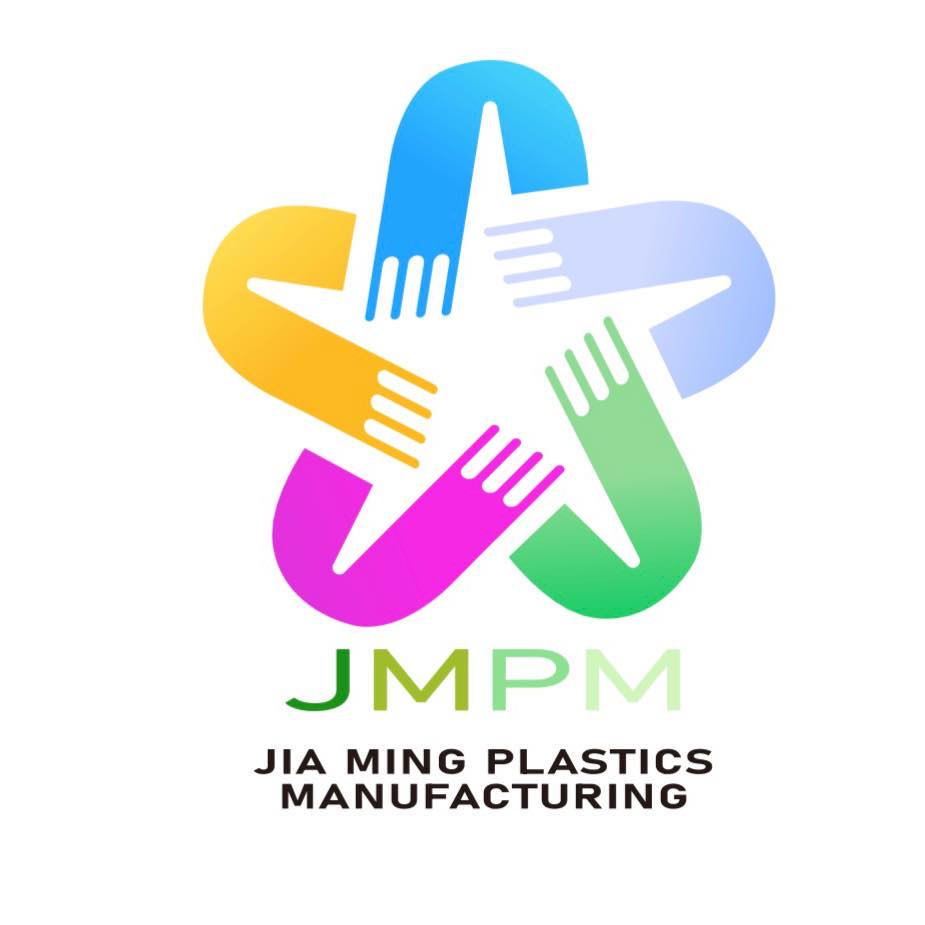



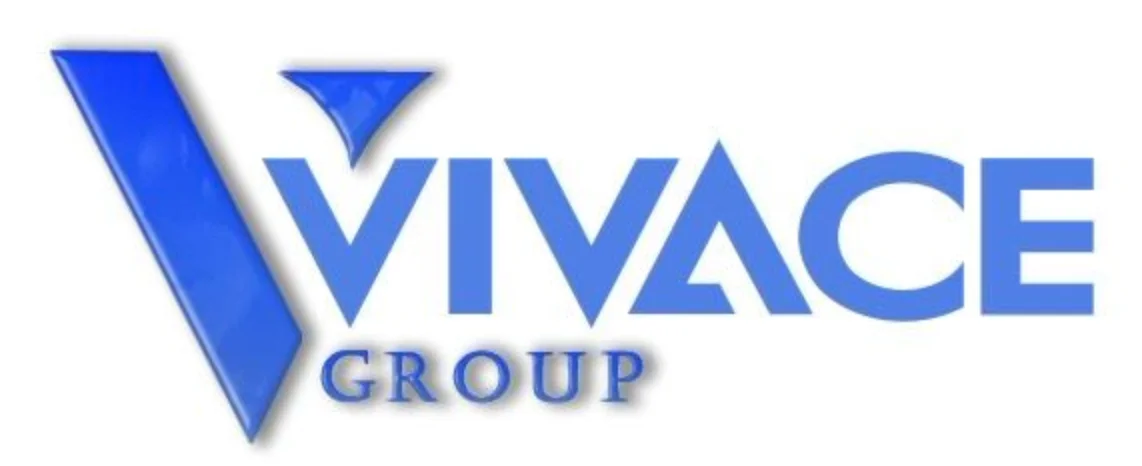
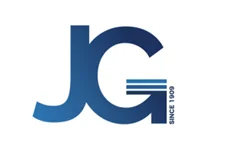
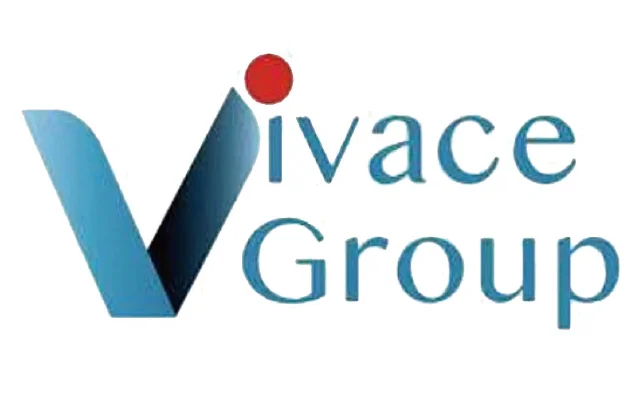

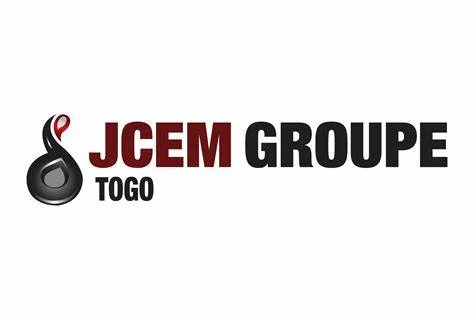
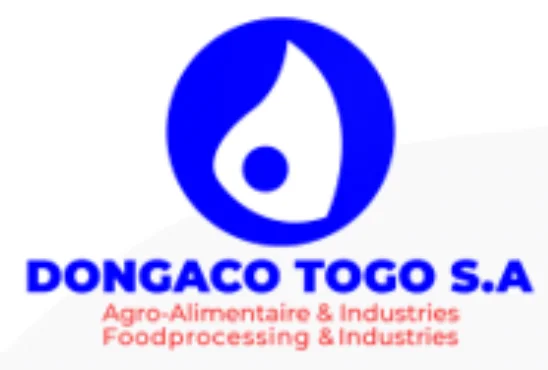


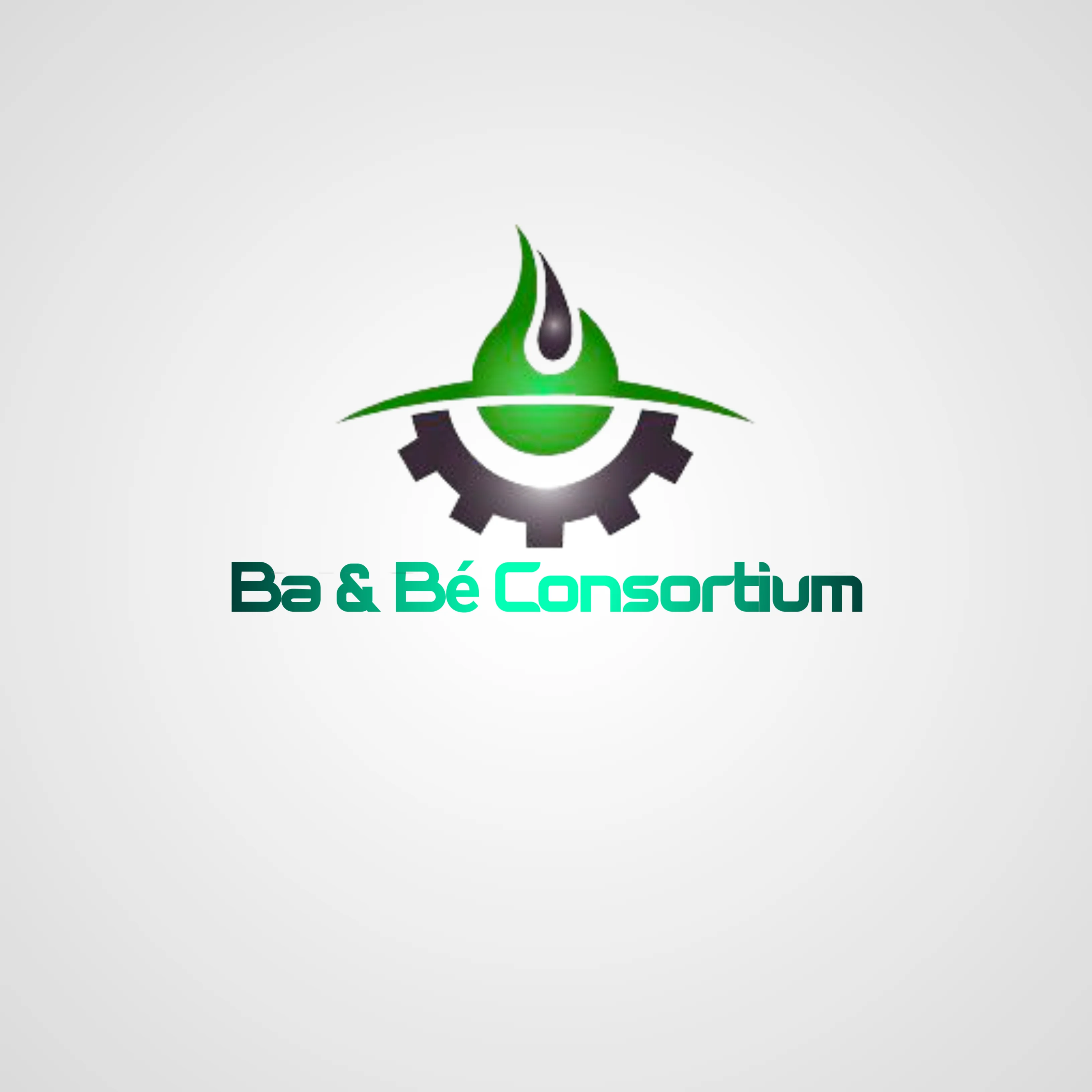










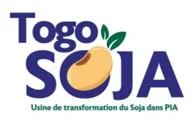

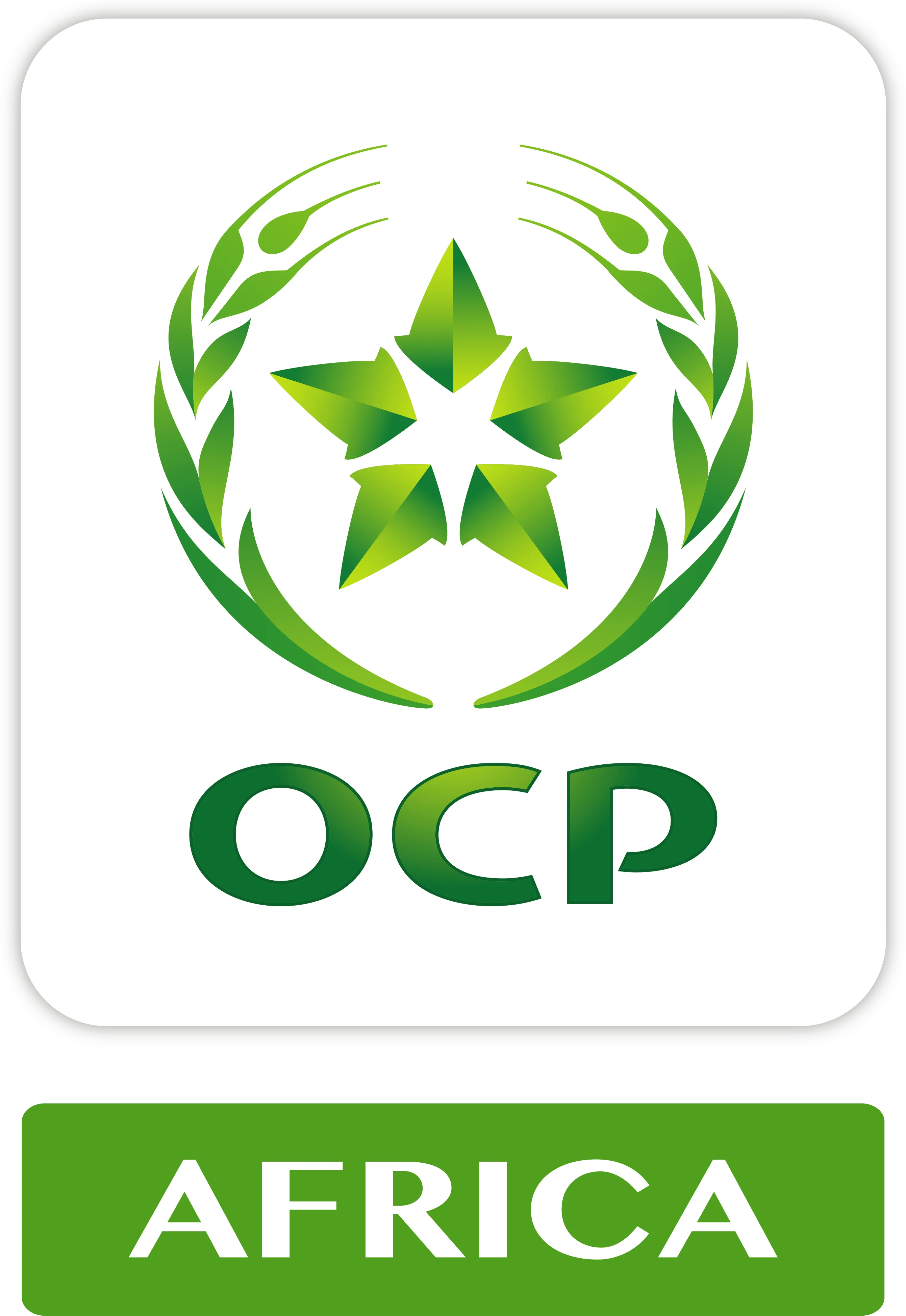


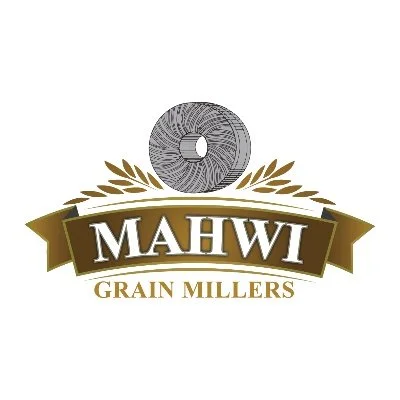





Profitability & Value Chain Opportunities
Industry Overview
Market Trends & Demand Evolution
Africa Industry Insights
Compare
Dear investor, please compare similar category items- either Locations or Opportunities.
*Already subscribed.
*Enter your name/email.

Sign up for exclusive investment alerts.
Already subscribed? Skip
Thank You For Subscribing to
Africa For Investors.

You will be redirected to AFI’s Linkedin Profile in 10 seconds.
Stay On AFI Website